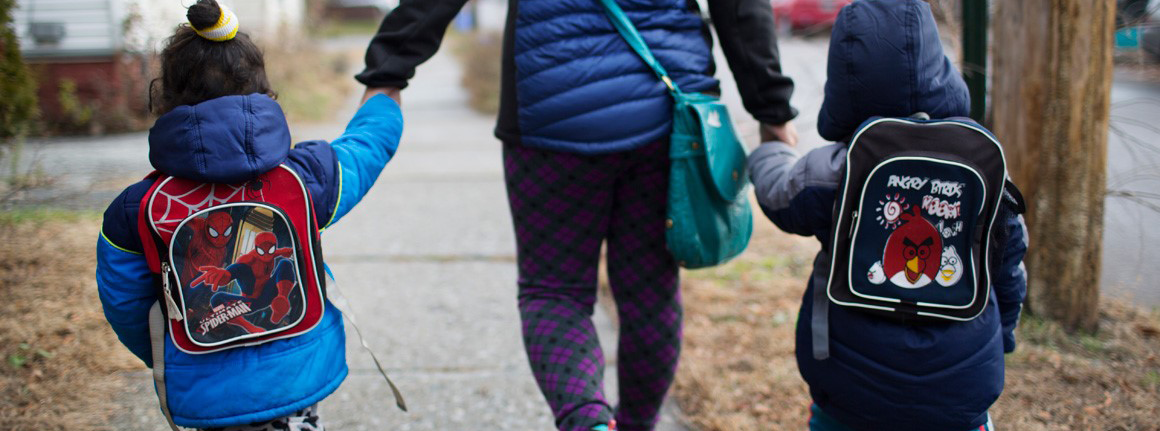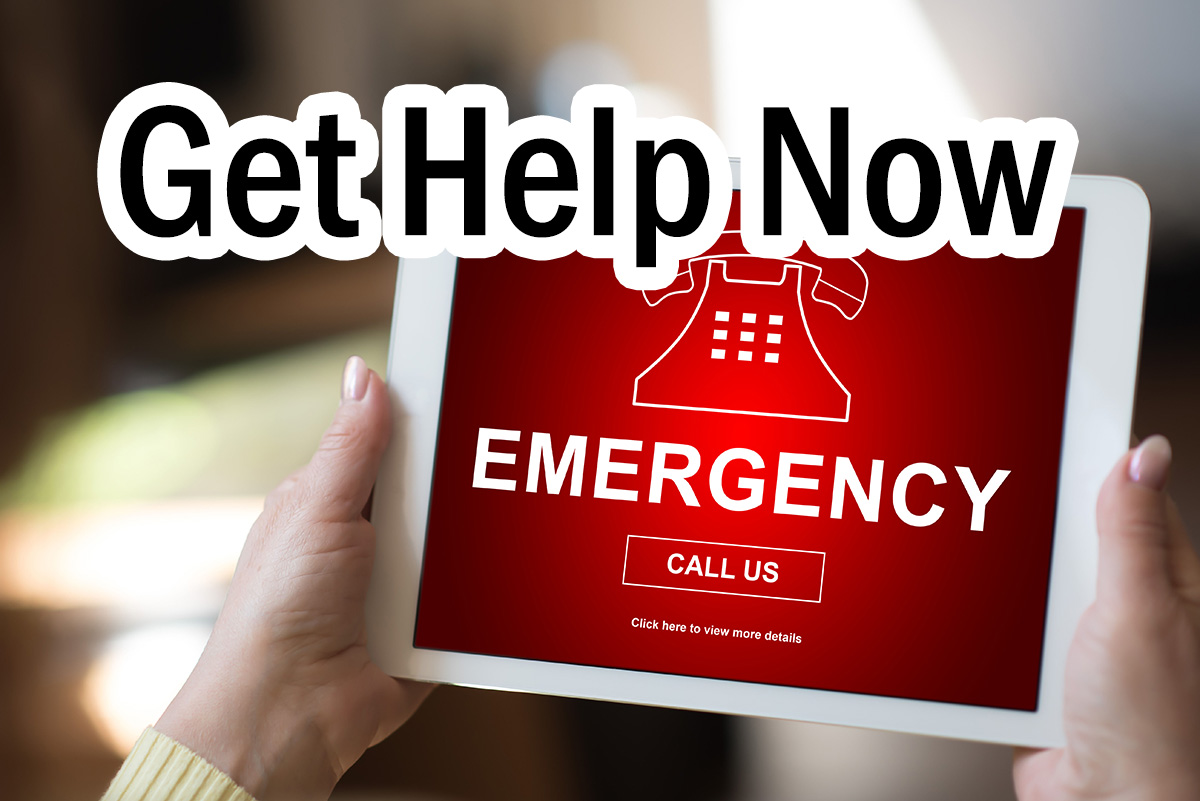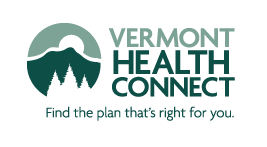
What We Do
The mission of the State Refugee Office is to promote and provide a safe and welcoming home for refugees and immigrants, and to promote their full participation as self-sufficient individuals and families in the economic, social, and civic life of Vermont. Eligible groups include: Afghan and Iraqi Special Immigrant Visa Holders, Amerasians, Asylees, Cuban/Haitian Entrants, Human Trafficking Victims, Legal Permanent Residents, and Refugees.
The State Refugee Office is part of the Agency of Human Services and works through a network of service providers in Vermont to meet the educational, cultural, and linguistic needs of refugees and immigrants. The Vermont Refugee Office is directed by Tracy Dolan Tracy.Dolan@vermont.gov.



